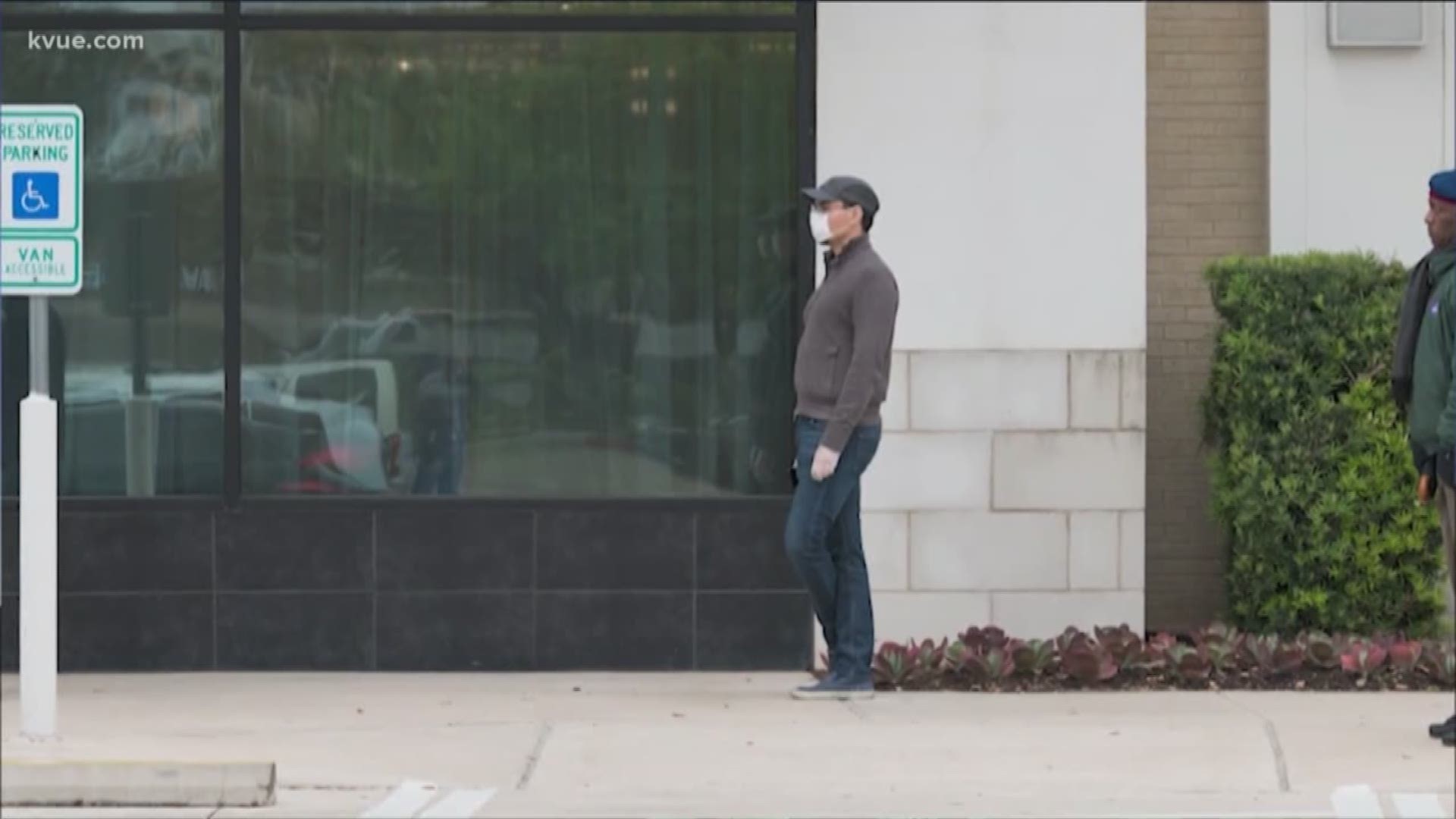AUSTIN, Texas — On March 31, Texas Gov. Greg Abbott adopted a new executive order that allowed Texans to engage only in essential services until April 30 in an effort to stop the spread of COVID-19.
Religious services conducted in churches, congregations and houses of worship were among the list of essential services. But questions about how the faith community could participate in those services while also stopping the spread of COVID-19 arose, and the Texas Attorney General's Office issued new guidelines.
Under Austin and Travis County's stay-at-home orders, for example, religious services are not considered essential services. Therefore, attending church or holding mass would qualify as a prohibited activity, which the city and county define as "all public and private gatherings of any number of people occurring outside a single household or dwelling unit."
But according to the new executive order and the attorney general's guidelines, the governor's order supersedes any city or county order.
Using guidance recommended from the White House, Centers for Disease Control and Prevention and the Texas Department of State Health Services, congregations must "follow certain mitigation strategies" to prevent the spread of COVID-19 among its parishioners.
"Thus, under the Governor’s Executive Order GA 14, houses of worship should conduct remote audio, video, or teleconference activities whenever possible," according to the guidelines issued on Thursday.
If that isn't possible for financial or technological reasons, congregations should follow the guidelines issued by the White House:
- Instruct sick employees, volunteers and guests to stay home
- Practice social distancing by maintaining appropriate distance between people
- Maintain good hygiene by washing your hands frequently, using hand sanitizer, using your elbow to cover coughs, and not touching your face
- Clean and disinfect work areas frequently
However, in communities dealing with sustained person-to-person spread, like Austin and Travis County, the attorney general's guidelines recommend congregations follow guidance from the CDC, which recommends that congregations cancel all in-person gatherings of any size.
For smaller communities where there may be moderate to substantial spread, the CDC recommends smaller gatherings where people practice social distancing, canceling gatherings with 10 or more people attended by those who are 65 and older or have underlying conditions, and using creative ways to have services.
That includes, for example, holding Easter services in a church's parking lot where people remain in their cars at least one parking space away and a minister uses a loud-speaker to preach, according to the governor's guidelines. A congregation may also wish to offer drive-up service.
Pastors with small congregations may consider holding multiple services with 10 or fewer people, as long as they practice social distancing, provide hand sanitizer and clean the building before each service, according to the attorney general's guidelines.
You can read the attorney general's complete guidelines for religious services below.
PEOPLE ARE ALSO READING:


